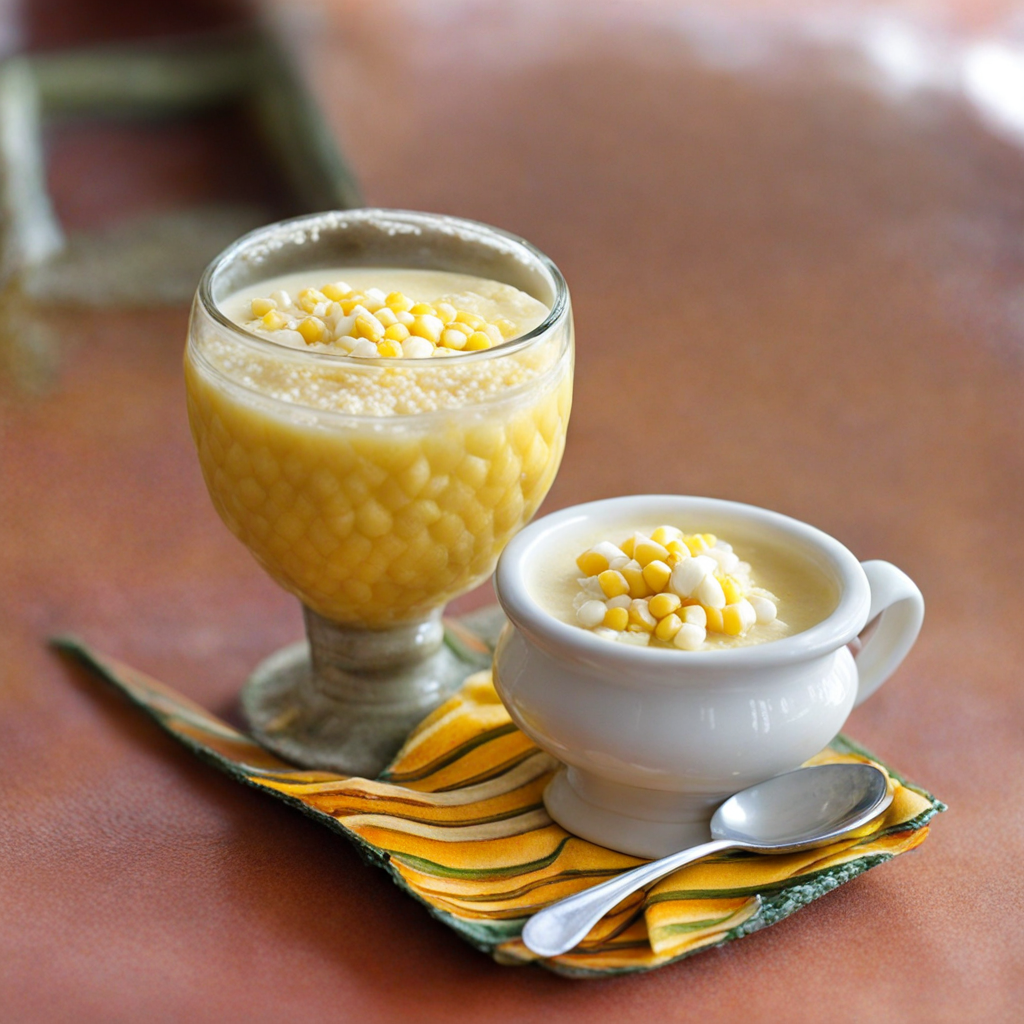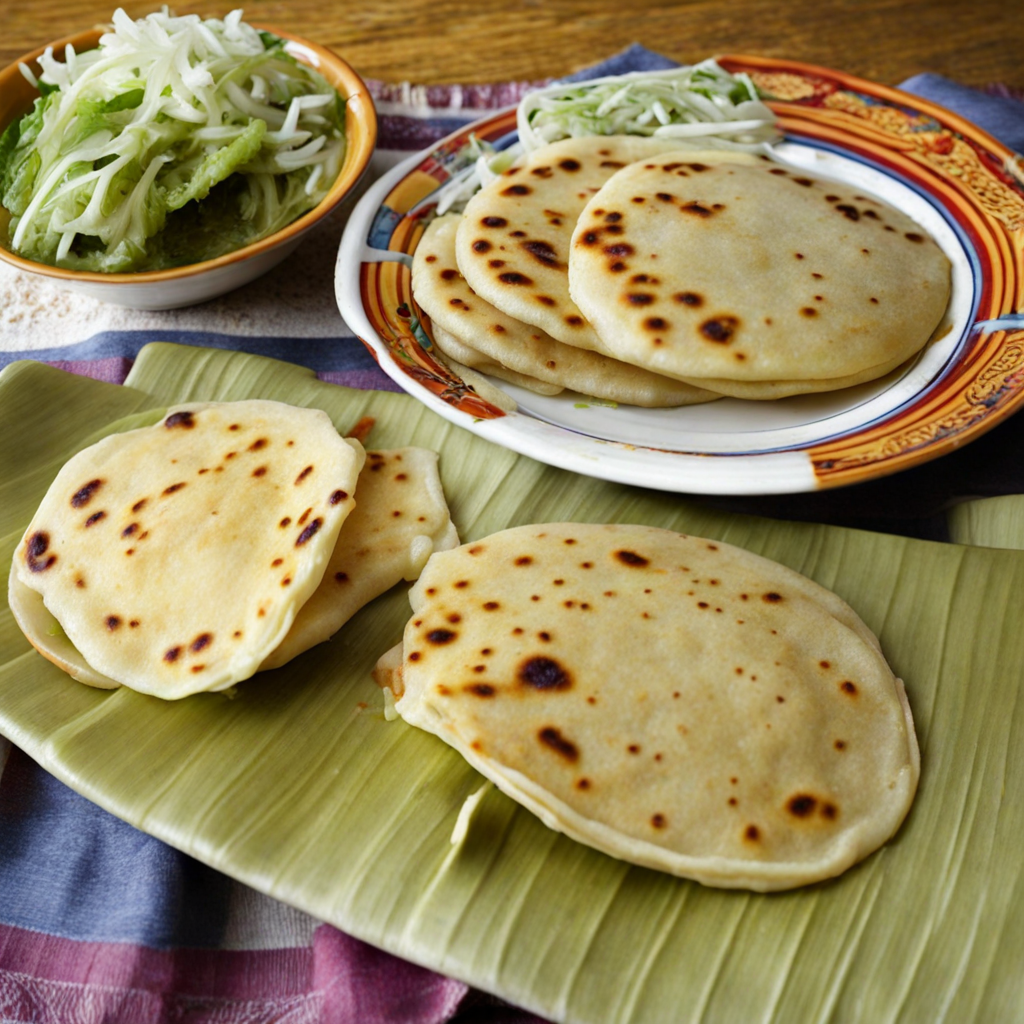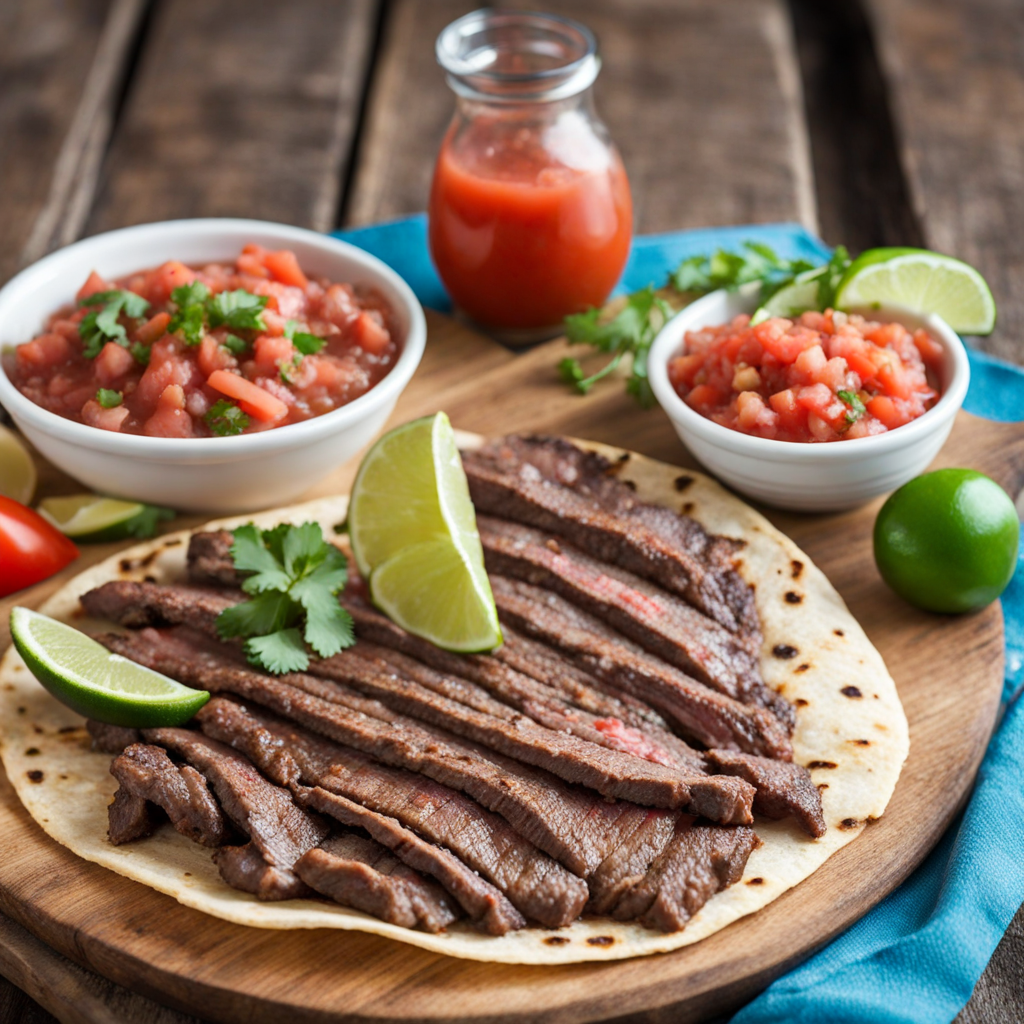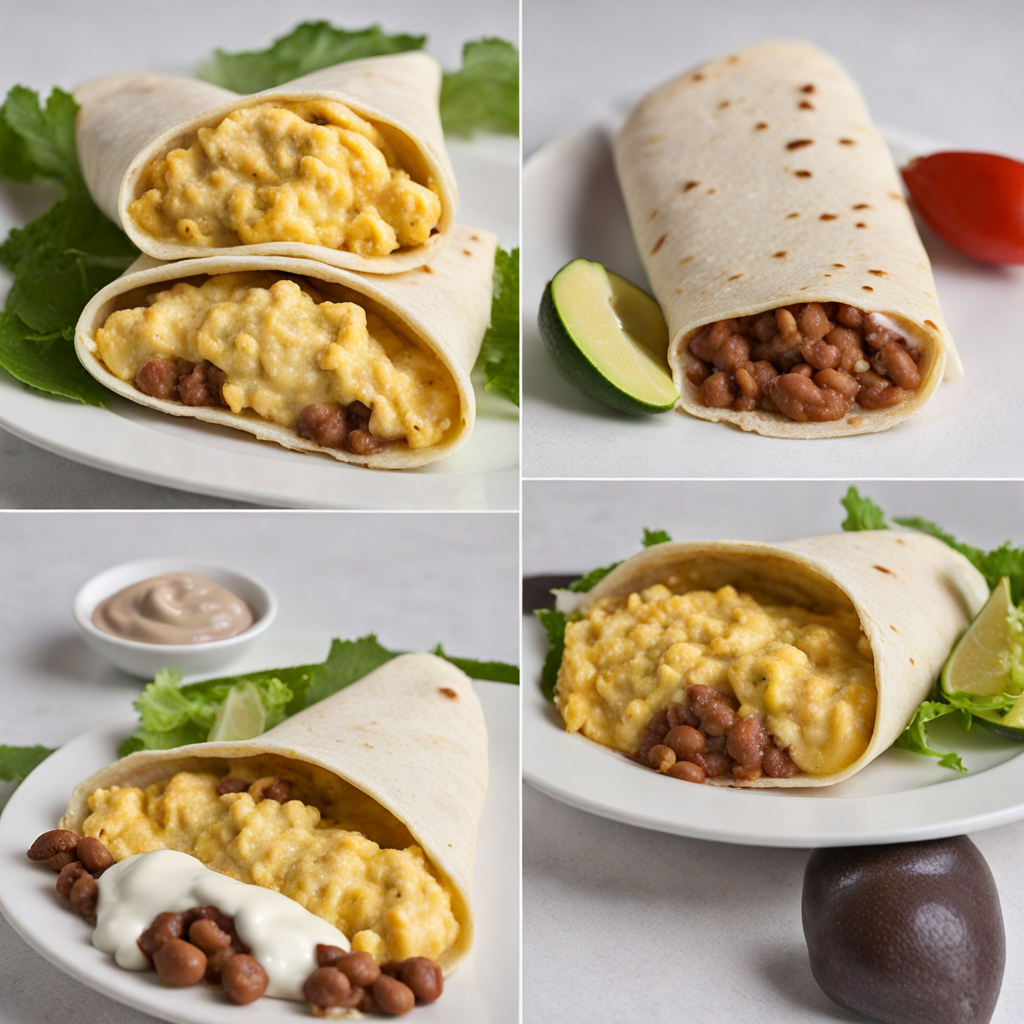Atol de Elote
Atol de Elote is a traditional Honduran beverage that captivates with its rich, creamy texture and sweet corn flavor. Made primarily from fresh corn, this drink showcases the natural sweetness of the kernels, which are blended into a smooth mixture and then cooked with water and a touch of sugar. The result is a warm, comforting drink that has a satisfying thickness, reminiscent of a warm pudding. The aroma of freshly cooked corn wafts through the air, inviting you to savor each sip of this delightful treat. As you indulge in Atol de Elote, you'll notice the subtle hints of cinnamon and vanilla that are often added to enhance its flavor profile. These aromatic spices complement the sweetness of the corn, creating a harmonious blend that tantalizes the taste buds. It's typically served warm, making it a popular choice during chilly evenings or festive occasions. This drink not only warms the body but also evokes a sense of nostalgia, as it is often associated with family gatherings and cultural celebrations. Beyond its delicious taste, Atol de Elote offers a glimpse into Honduran culinary traditions, where fresh, local ingredients are celebrated. The use of corn, a staple in many Latin American diets, reflects the agricultural richness of the region. Whether enjoyed as a snack or a dessert, Atol de Elote is more than just a drink; it is a comforting embrace of Honduran culture that invites you to explore its vibrant flavors and warm memories.
How It Became This Dish
Atol de Elote: A Sweet Sip of Honduran Heritage Atol de Elote, a traditional Honduran beverage, is more than just a warm, comforting drink; it is a cultural artifact steeped in history, tradition, and the agricultural bounty of Central America. Often enjoyed during festive seasons, it has become a staple of culinary practice in Honduras, representing a fusion of indigenous heritage and colonial influences that reflect the country's rich history. Origins: A Blend of Cultures The origin of Atol de Elote can be traced back to ancient Mesoamerican cultures, where maize, or corn, played a crucial role in daily life and spiritual practices. The Mayans and Aztecs revered maize, considering it a gift from the gods. They prepared various dishes and beverages from it, including atol, a warm, thickened corn drink. The word "atol" itself derives from the Nahuatl language of the Aztec civilization, where "atl" means water. When the Spanish colonizers arrived in the 16th century, they encountered the indigenous peoples' maize-based foods and beverages. The colonizers introduced dairy, sugar, and cinnamon, which influenced the evolution of traditional recipes. This led to the creation of Atol de Elote—sweet corn blended with milk, sugar, and spices, resulting in a creamy, delightful drink that is now synonymous with Honduran culture. Cultural Significance Atol de Elote occupies a special place in the hearts and stomachs of many Hondurans. It is not just a beverage; it's a symbol of home, warmth, and community. Traditionally, it is served during special occasions, such as Christmas and local festivals, often accompanied by tamales or other festive foods. The preparation of Atol de Elote is often a communal activity, where family members gather to share stories, laughter, and the joys of cooking together. In Honduran society, food is deeply intertwined with cultural identity. Atol de Elote reflects a sense of belonging and community. It is often associated with childhood memories, as parents and grandparents prepare it for their children, passing down recipes and traditions through generations. The drink is a favorite among children and adults alike, often enjoyed after school, during family gatherings, or on chilly evenings. Development Over Time As Honduras has evolved, so has the preparation and presentation of Atol de Elote. While the basic ingredients have remained relatively constant—fresh corn, milk, sugar, and spices—the methods of preparation have adapted. Traditionally, the corn would be ground by hand on a stone metate, a labor-intensive process that required skill and patience. Today, many households opt for convenience, using blenders or food processors to create a smoother mixture. Moreover, the availability of ingredients has expanded over time. Fresh corn is still preferred, especially during the harvest season, but canned corn and cornmeal have become common alternatives, making the drink more accessible to urban populations. While the classic preparation remains beloved, variations have emerged, incorporating flavors such as coconut, vanilla, or chocolate, showcasing regional preferences and creativity. Modern-Day Atol de Elote In contemporary Honduras, Atol de Elote continues to thrive, both in homes and in the marketplace. Street vendors often sell it, especially in rural areas, where it is served hot in plastic cups, enticing passersby with its rich aroma. It has become a popular treat at fairs, markets, and festivals, where it is often paired with other traditional foods. In urban settings, Atol de Elote has also found its way into cafes and restaurants, where chefs experiment with artisanal versions, incorporating gourmet twists. This shift reflects a broader trend in Latin American cuisine, where traditional dishes are being reinterpreted to appeal to modern tastes while maintaining their cultural essence. A Symbol of Resilience The journey of Atol de Elote is also a testament to the resilience of Honduran culture amidst challenges such as economic hardships, political turmoil, and environmental issues. The beverage embodies the spirit of the people, who continue to celebrate their traditions and heritage despite adversity. It serves as a reminder of the importance of community, family, and the natural resources that nourish them. Conclusion: A Beverage of Meaning Atol de Elote stands as a cherished symbol of Honduran identity, encapsulating the essence of a culture that values its roots while adapting to the modern world. This sweet, warm drink, with its rich history and cultural significance, invites everyone to experience the flavors and traditions of Honduras. As you sip Atol de Elote, you’re not just enjoying a delicious beverage; you are participating in a centuries-old tradition that connects you with the land, the people, and the stories that have shaped the nation. Whether shared among family members on a cold evening or enjoyed at a vibrant street festival, Atol de Elote continues to warm hearts and foster connections, making it an enduring legacy of Honduran culture.
You may like
Discover local flavors from Honduras







